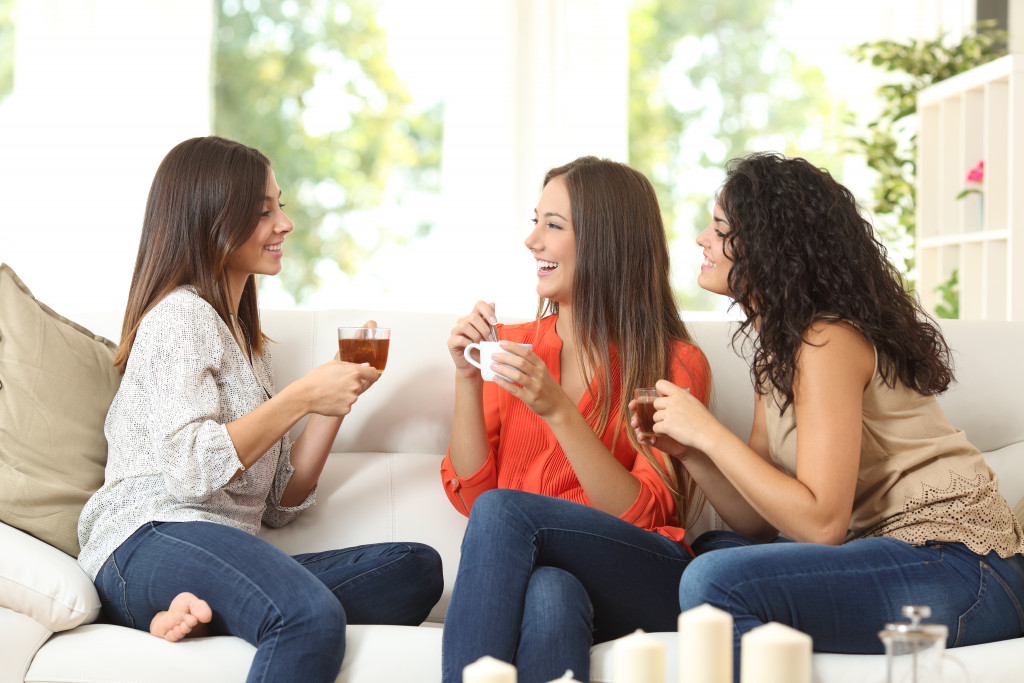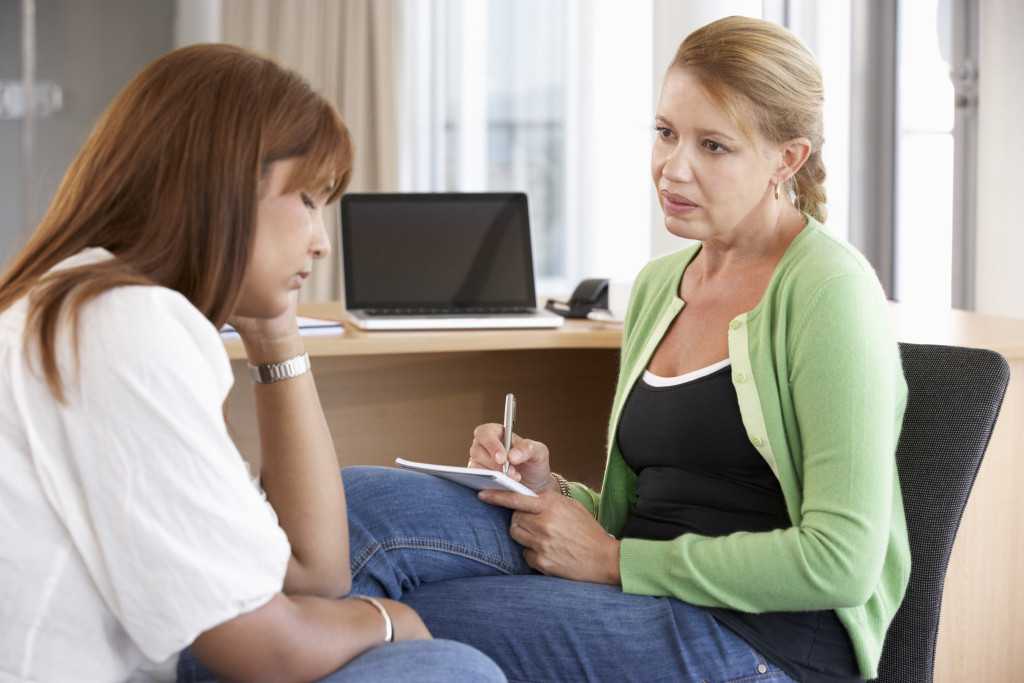Contrary to popular belief, those who are in recovery from substance abuse or addiction don’t have to completely put their lives on hold just because they are struggling. Having healthy friendships and relationships is crucial to recovery. With good boundaries, proper support from trustworthy people, and an excellent foundation for your recovery journey, it’s possible for you to be around people, go to parties, and not go off the rails.
You don’t have to stop socializing just because you’re in recovery. Here are some pointers for safe and sober socializing even when you’re healing from substance or alcohol abuse.
Learn as much as you can
If you spent time in a drug rehabilitation facility or other types of recovery centers, then there is a big chance you were provided with the information you need about your condition and why it’s not going to be easy. If you haven’t been to a facility yet, consider seeking support from these places and experts, especially since they can give you the resources and tools you need to go back out into the real world.
Talk to your doctor or therapist about the best facility for you, receive support wherever it may come, and lean hard into the people who love you. Let them help you as you begin your journey, and soak up as much knowledge as you can about your condition so that you have a good baseline and foundation for your recovery journey.
Identify your triggers
For many individuals in recovery, parties and social situations can be triggering for multiple reasons:
- They might be exposed to the substances they are addicted to.
- They might feel compelled to answer questions about where they have been, and about their recovery in general.
- They have the sense that they need to start using or drinking if they want to fit in.
- Certain social activities don’t feel “fun” when they’re sober.
- Being surrounded by certain people and relationships might trigger a multitude of negative feelings and emotions.
When you know your triggers, you take back a certain level of power and control over yourself. This is also why it’s important to learn valuable coping mechanisms during your time in treatment; this is because you would have the resources and tools you need when you’re faced with temptation.
Go with people you trust

This may seem obvious, but when we find a certain level of ease in our recovery journey, we tend to be complacent and forget just how vulnerable we can be. We’re not asking people to babysit us; we’re asking for the company of friends who love us, want the best for us, and also enjoy our company without having to use substances or be drunk with alcohol. If you must go to a party where you know alcohol, drugs, and other triggers might be present, don’t go without someone who doesn’t have your vulnerabilities.
Make a solid escape plan
Having a proper escape plan is useful not just for those in early recovery, but for every stage of their healing journey. This is because those in recovery might have to deal with temptation for the rest of their lives. It’s not about being defeatist; it’s about being prepared for whatever may come. Here are some tips for creating an escape plan when you find yourself overwhelmingly tempted during a party:
- Make sure you have the updated contact information of your sponsor, sober companions, and loved ones on your phone, if not on speed dial. Let them know beforehand that you’re going to a party, where the address is, and who you’re going with.
- If you are in the very early stages of your recovery and don’t trust yourself, ask your companion not to leave you, even if you’re going to the restroom.
Find healthy self-soothing techniques
If you haven’t been around people for a while, it’s important to calm your nerves in healthy ways once you’re there. Hold something in your hand that can help soothe you—it can be a fidget spinner or a small plushie. If you’re with your significant other, ask them to hold your hand throughout. It can also be something that can keep you occupied, like a camera to document the events, a non-alcoholic drink, a tray of snacks—anything that can help you feel both engaged and occupied.
Healthy relationships and friendships are necessary for your healing. Don’t hesitate to attend social gatherings just because you’re in recovery. Seek emotional and mental support from people you trust, know your boundaries, and don’t be afraid to get back out there.

